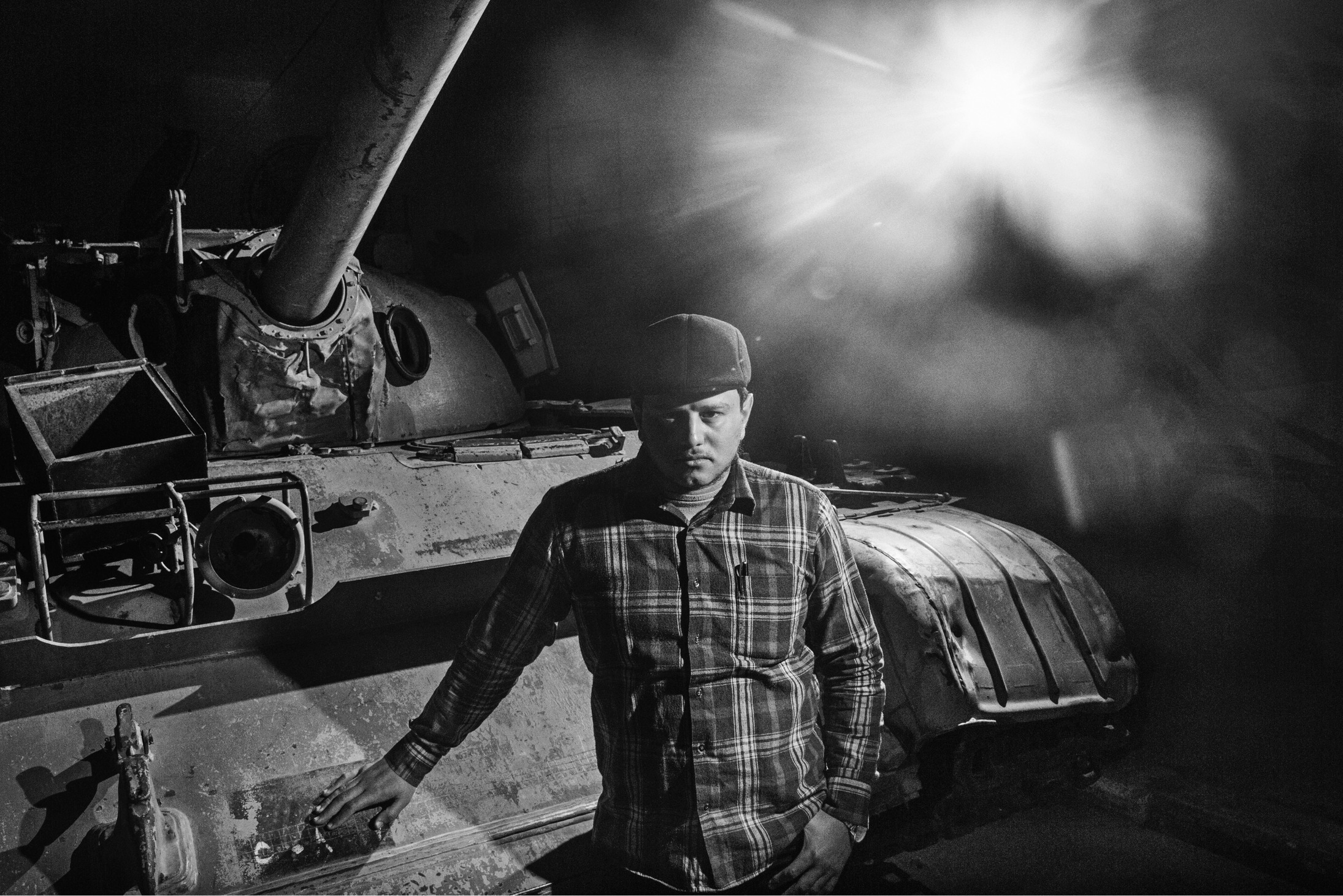11
Majdi el-Mangoush
Libya
IN THE SUMMER of 2009, Majdi el-Mangoush spent several days hiking through the Jebel Akhdar, or Green Mountain, an expanse of forested peaks and verdant valleys and plunging rivers on Libya’s northeastern coast. At the age of twenty-two, Majdi had never seen a rushing stream before, let alone a true forest, and he quickly decided the Jebel Akhdar was the most beautiful place he had ever seen. He was accompanied on the trip by his best friend, Jalal al-Drisi.
That he knew Jalal at all was actually the by-product of a disappointment in Majdi’s life. As the youngest of Omar and Fatheya el-Mangoush’s six children, Majdi had been raised in a close-knit family that valued education. All three of his older sisters and two brothers had attended Libya’s better universities, and certainly the expectation was that Majdi would follow in their footsteps. Instead, by narrowly failing to get high enough marks on the national exam to gain admission to the top-tier schools, the youngest Mangoush sibling had been forced to find an alternative. In the autumn of 2008, Majdi became a cadet at the national air force academy, based in Misurata, toward earning a degree in communications engineering. There, he met and became fast friends with Jalal al-Drisi, a twenty-one-year-old cadet from the eastern Libyan city of Benghazi.


Majdi el-Mangoush, thirty, in front of a tank in Libya
As often seems the case with best friends, Majdi and Jalal were a study in contrasts. Whereas Majdi was stocky, even given to a slight chubbiness, Jalal was wiry and quick on his feet. And where Majdi was soft-spoken and tended to shyness, Jalal was gregarious and witty, always ready with the irreverent joke or the elaborate prank. What the two shared was a fascination with science and gadgetry. By coincidence, the friends had something else in common: a slight black mark against their family names in the eyes of the state. For Majdi, this stemmed from the purported involvement of two male relatives in a coup attempt in 1974. In Jalal’s case, he was the son of a senior police officer who, in the wake of bloody antigovernment protests in Benghazi in 2006, was briefly imprisoned for dereliction of duty.
Over the course of their first year at the air force academy, Jalal frequently spent his weekend leaves at the Mangoush family home in Misurata. To reciprocate that hospitality, the Drisi family invited Majdi to spend part of the 2009 summer break with them in Benghazi. The historical division of Libya between west and east, between Tripolitania and Cyrenaica, was evidenced in Majdi’s description of that trip. “It was my first time to the east,” he said, “and in Misurata, we were raised with this idea that the easterners were a bit primitive, far more tribal. I was actually surprised by how normal it was.”
In Libyan tradition, the Drisi family royally feted their young guest. In between forcing obscene amounts of food on Majdi, they ferried him to local areas of interest, with the trek to Jebel Akhdar being the highlight.
“I think it was that trip, seeing the forest for the first time, that drew me so much to nature,” Majdi said. “In Misurata, it was mostly just palm trees, bushes, but to walk in a real forest…well, it was a very special experience.”
By the autumn of 2010, the two cadets were looking forward to their third and final year at the academy, and planning their futures. Majdi intended to find work with one of the Western technology companies that had set up shop in post-sanctions Libya, while Jalal hoped to study more advanced aviation weaponry in Europe. Instead, the friends were about to become pawns in one of the strangest—and most tragic—side stories of the bloody Libyan revolution.